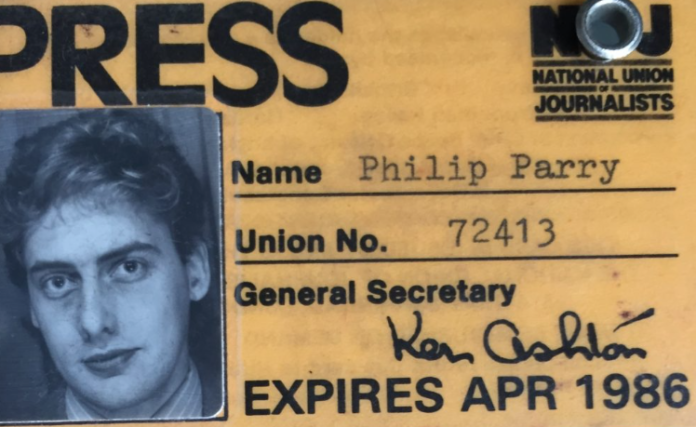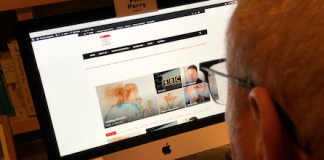- X marks the spot again - 17th February 2026
- Wordy again part three - 16th February 2026
- ‘Lies, damned lies etc…’ - 13th February 2026

After 23 years with BBC Cymru Wales (BBC CW),and 41 years in journalism, for our Editor Welshman Phil Parry information from internal sources has always been paramount, and now this is put centre stage by a new book which highlights how leaks from inside organisations have always embarrassed officials.
The Eye could not survive without brave people leaking details about what is actually going on inside organisations.
Frankly Public Relations (PR) officers or an organisation’s media department only give you one side of the story, and tell you how good things are.

“A new product from xxxx will benefit enormous numbers of people”, that sort of thing.
They can normally be relied on to give you factual information (although it has a positive ‘spin’ on it and must be checked), but not for what is happening internally, so for that you must turn to whistleblowers.
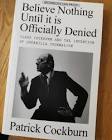 This fundamental truth has been highlighted for me by a new book: ‘BELIEVE NOTHING UNTIL IT IS OFFICIALLY DENIED: CLAUD COCKBURN AND THE INVENTION OF GUERRILLA JOURNALISM’ by Patrick Cockburn.
This fundamental truth has been highlighted for me by a new book: ‘BELIEVE NOTHING UNTIL IT IS OFFICIALLY DENIED: CLAUD COCKBURN AND THE INVENTION OF GUERRILLA JOURNALISM’ by Patrick Cockburn.
In it he describes how UK Government officials were hugely embarrassed by the leaks of important policy material during the 1930s to the penniless investigative newsletter, the Week, and tasked MI5 with finding out how the journalists there got their scoops.
They steamed open Mr Cockburn senior’s letters and followed him around to try and discover how he was getting his news, which was accurate, although not ‘officially’ given out.
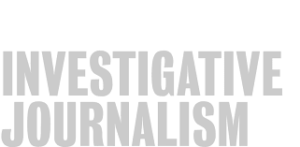
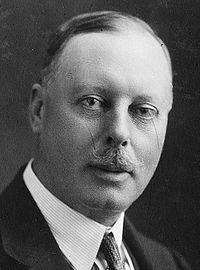
This important leaked information came from dissident politicians as well as diplomats about internal cabinet disputes, conferences. It highlighted appeasement plotting at the Astors’ mansion, but could not be halted.
The Foreign Office (FO) was aghast when the Week published an internal telegram from Sir Horace Rumbold (the departing Berlin ambassador), describing Hitler as mentally unstable and intent on a European war.
The telegram had only been shown “confidentially to certain reputable diplomatic correspondents and editors”.
NOT the public.
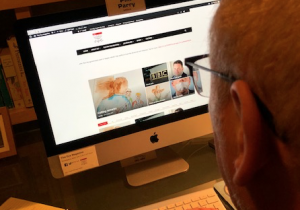
This was the 1930s, but the parallels with today are striking and journalists on The Eye provide an important service.
For example we were given exclusive details by whistleblowers who had worked at Brecon War Memorial Hospital of how an elderly stroke victim was allegedly slapped in bed by a carer, and that visiting families were forced to bring in food to keep their starving relatives alive.

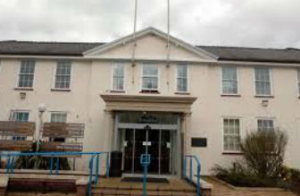
Journalists on my website were also told that falsification of notes at the hospital was “routine practice”.
One whistleblower said: “The night culture at Brecon hospital is amateur at best, dangerous at worst. (Staff were) drunk on duty, nurses (were) put to bed as they were drunk, then woken up before days-staff turned up. A convicted sex-offender was working as a care assistant.” A police investigation followed which lasted several months.
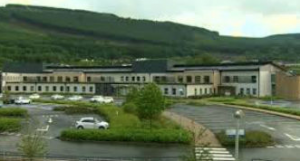
The disturbing news of the events at the Brecon hospital came hard on the heels of earlier alarming information.
At Ysbyty Cwm Cynon in Mountain Ash, 10 hospital workers were suspended following the death of an elderly woman who was found with “unexplained and serious injuries” on a ward.
Meanwhile nurses at a hospital in Bridgend were investigated by police accused of drugging elderly and difficult patients to enjoy a quiet night shift.
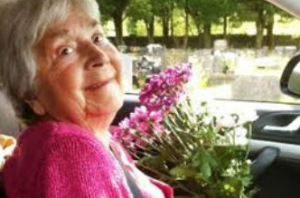
One nurse exposed what was happening at the town’s Princess of Wales hospital before the death of 82 year old Lillian Willams.
Families of patients at Tawel Fan Mental Health Unit in Ysbyty Clwyd were told that their loved ones had been filmed crawling across floors (by a UK newspaper) before the building was demolished.
A report into the scandal in 2015 said there was “institutional abuse”.
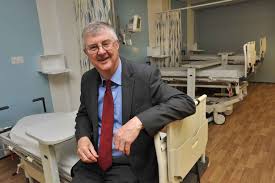
The former First Minister of Wales (FMW) and present Finance Minister, Mark Drakeford, was the Welsh Government Minister for Health and Social Services at the time of the scandal.
After the revelations he apologised and said there would be an “urgent meeting”, which has always seemed to me the least that should have been done.
In all of these cases ‘whistleblowers’ were integral, and it is a sad truth that little has changed since Patrick Cockburn’s father edited the Week.

Phil’s memories of his astonishing lengthy award-winning career in journalism (when information from whistleblowers was vital) as he was gripped by the incurable disabling condition Hereditary Spastic Paraplegia (HSP), have been released in another book ‘A GOOD STORY’. Order the book now!
‘BELIEVE NOTHING UNTIL IT IS OFFICIALLY DENIED: CLAUD COCKBURN AND THE INVENTION OF GUERILLA JOURNALISM’ by Patrick Cockburn is published by Verso.








